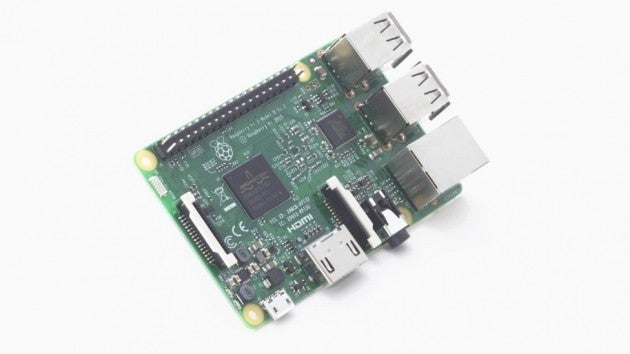The original Raspberry Pi was denied government funding

The Raspberry Pi has just turned four, and has just launched a new version to boot, the Raspberry Pi 3. To date, the range of affordable PCs has sold more than 8 million units, but to begin with, the UK government didn’t think it would get off the ground.
So much so, that the government denied funding to the original Pi.
Eben Upton, CEO of Raspberry Pi Ltd., was then a director of studies in computer science at the University of Cambridge. He told Stuff that the government rejected the Pi funding because it thought the demand didn’t exist.
“We applied for some government funding through a development agency back in 2010,” he said. “We weren’t actually applying for money but for a loan guarantee. The proposal went out to an expert reviewer whom the development agency employed, and the reply came back: ‘no, reject’.
“They said there was no market for a product like that.
The Pi is now the best-selling UK-made computer, overtaking the Amstrad PCW. According to Upton: “We’re selling everything we can make.”
The whole experience has left its mark on Upton. “It has left me very sceptical about any government attempt to do industrial support,” he said, “because it is always going to have gatekeepers. And the gatekeepers are always going to have a bias towards things that already exist.”
Read more: Raspberry Pi 2 vs BBC Micro Bit
The Pi 3 comes packing Wi-Fi and Bluetooth, as well as a 64-bit quad-core chip that gives it as much power as a smartphone. In fact, it has 10 times the performance of the original Pi.
It’s available for £31.66.

